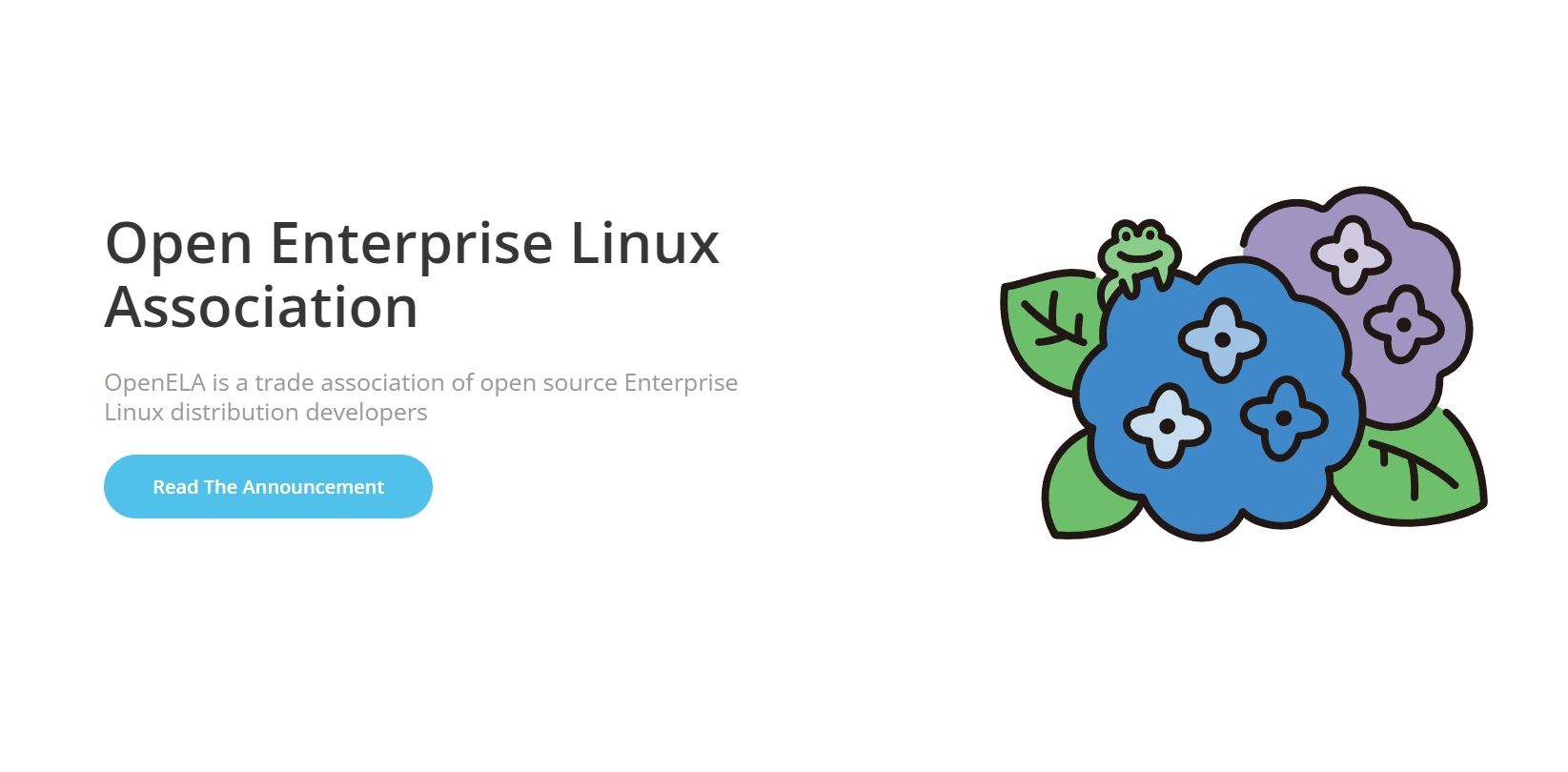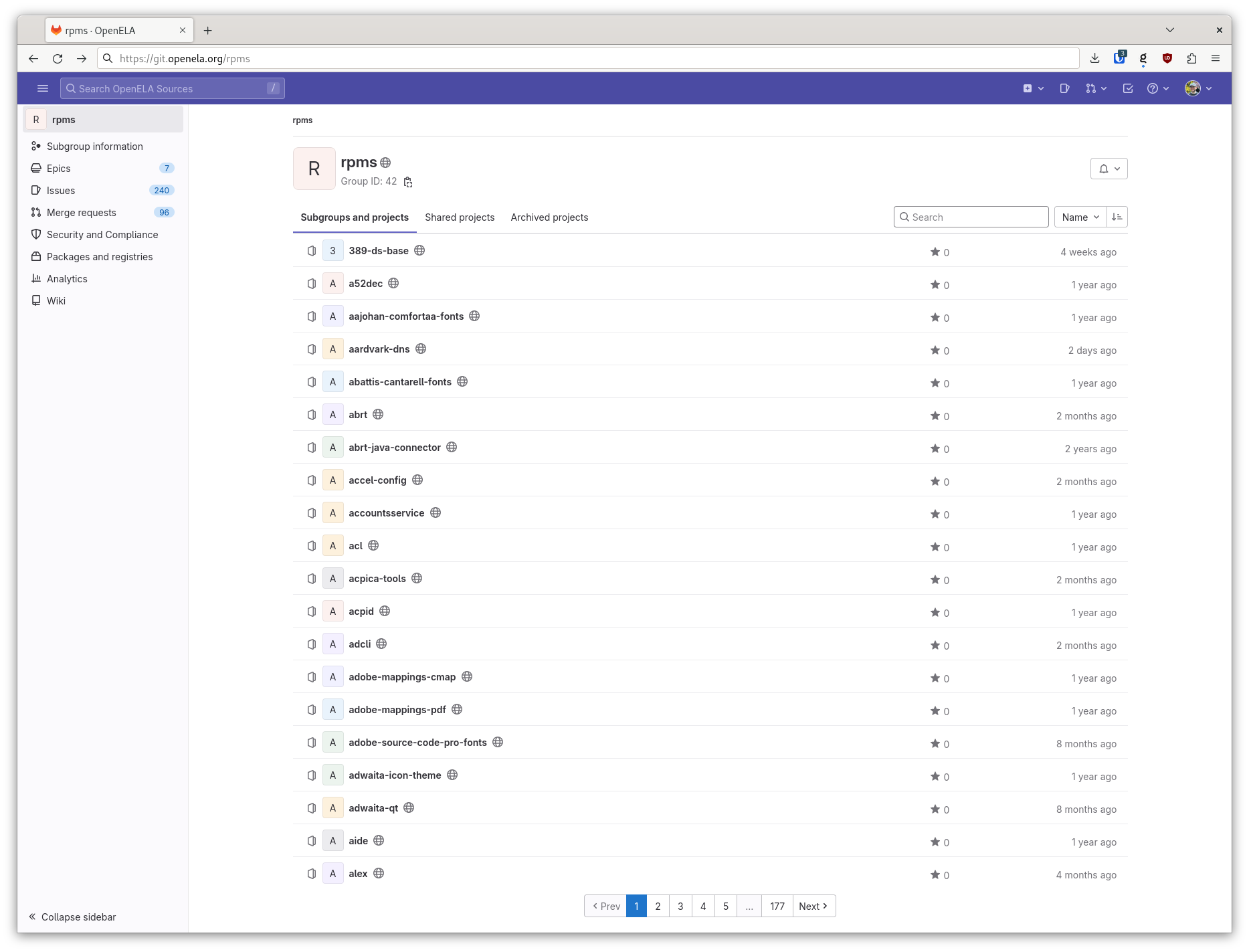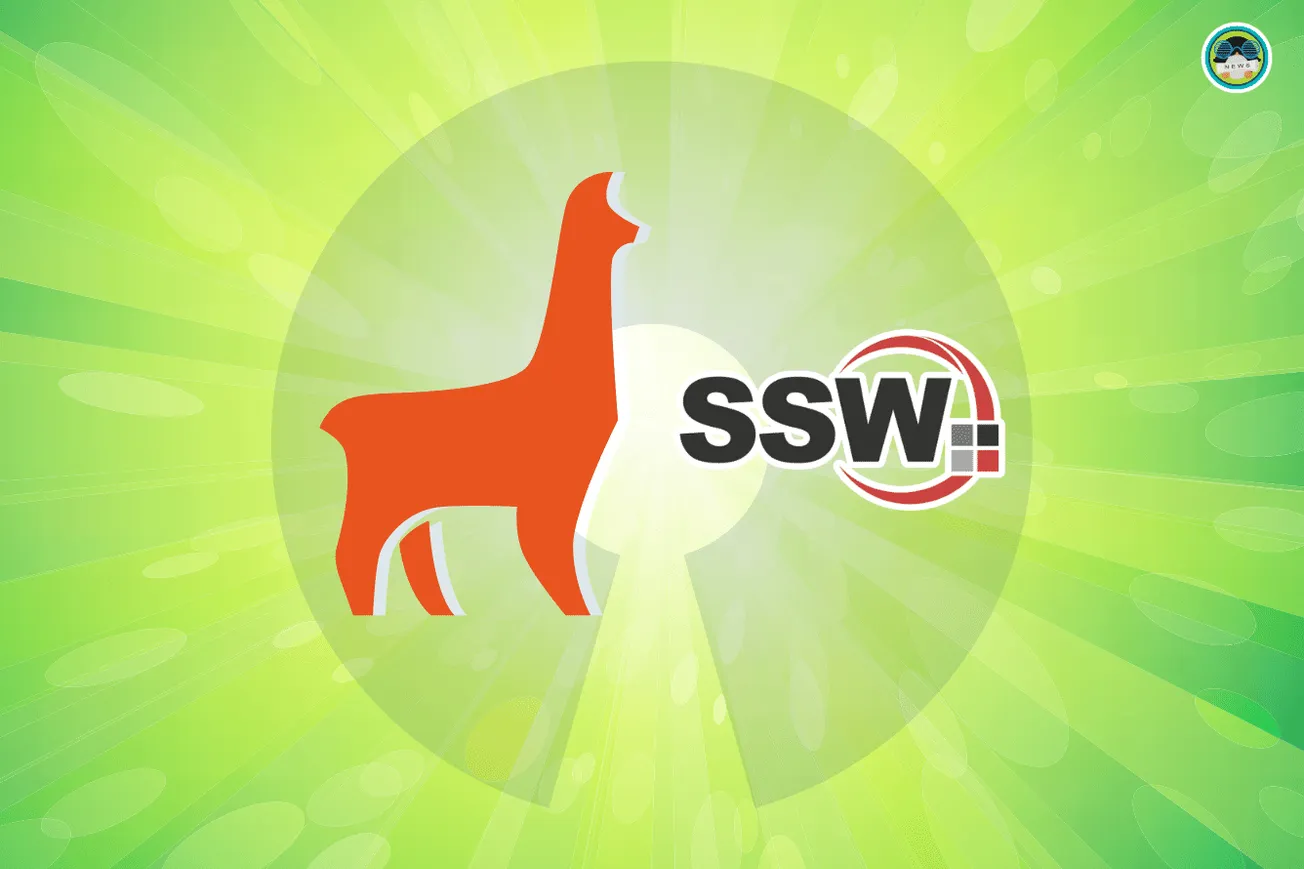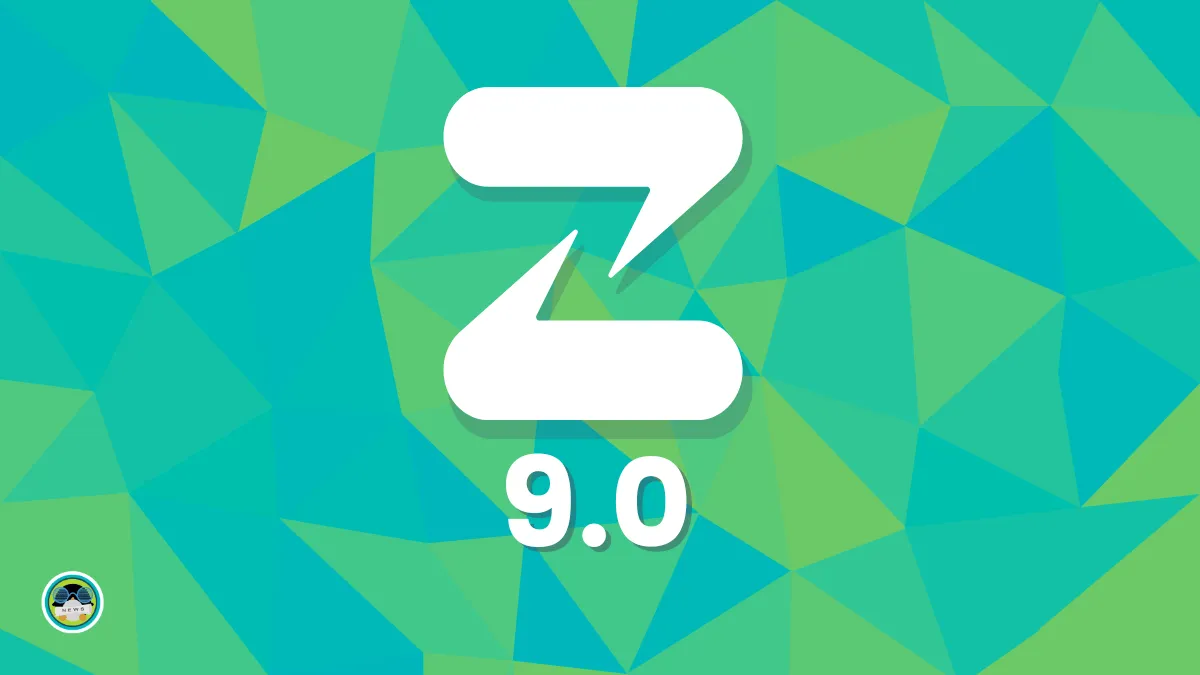
After Red Hat's source code lockout, SUSE decided to fork Red Hat Enterprise Linux (RHEL) and maintain an RHEL-compatible distro that would be available without any restrictions.
And we might have thought that was the end of it. However, with a recent press release, SUSE announced that they had formed an alliance with two other significant players in the Enterprise Linux space to offer something very interesting.
Allow me to take you through this.
What's Happening: Three organizations: SUSE, Oracle, and CIQ have established a new collaborative trade association that aims to provide an alternative Enterprise Linux source that would be globally available without any restrictions.

Named the “Open Enterprise Linux Association,” OpenELA for short. This organization has some pretty specific goals. The primary objective is to be completely transparent by establishing/providing sources, tooling, and assets to all members and collaborators.
Simply put, OpenELA will be providing a completely open-source Enterprise Linux base that can be used by any developer to build a distro of their own.

As for how it will be governed, initially, the board of directors will include equal representation from the founding entities, which are SUSE, Oracle, and CIQ.
Furthermore, OpenELA is already on the way to being registered as a Delaware 501(c)6 US non-profit entity, and the board of directors will consist of both corporate and community members.
Does it matter?
Well, it does! Red Hat's source code lockout meant that access to RHEL was limited behind a subscription wall. If done correctly, OpenELA's work could spawn a reliable base, using which many new RHEL alternatives could start.
When to Expect: They have already set a timeline for later this year when OpenELA will start providing necessary sources for downstream compatibility with RHEL. With a focus on RHEL 8, RHEL 9, and maybe RHEL 7.
They actively welcome other organizations and community members to join and contribute. If interested, I suggest you head to its website to get started.
For further details on this undertaking, you can go through the official announcement.
💬 What are your thoughts on this move?
More from It's FOSS...
- Support us by opting for It's FOSS Plus membership.
- Join our community forum.
- 📩 Stay updated with the latest on Linux and Open Source. Get our weekly Newsletter.








